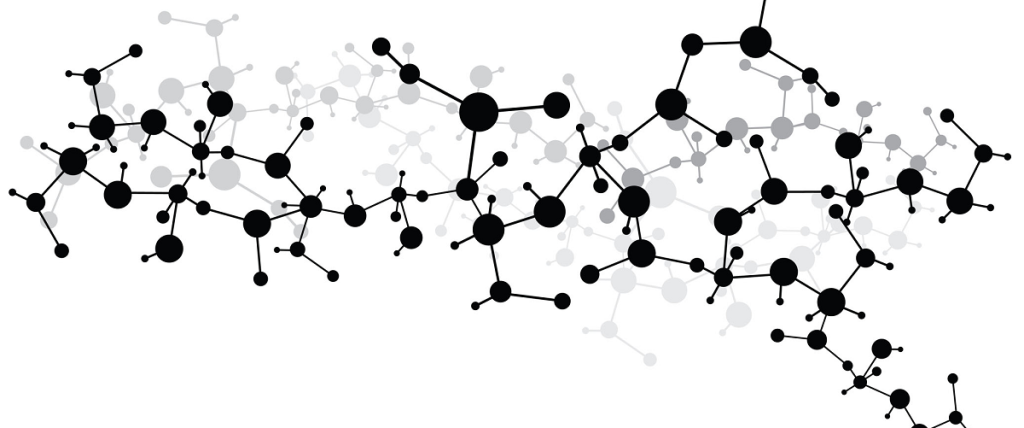Drug Development Services
Target evaluation
The target forms the molecular foundation for drug action, marking both the starting point and a critical factor in new drug development. The success of a drug development project hinges significantly on the choice of target. An ideal drug target should be strongly linked to the disease in question, allowing its modulation to effectively alter the course of the disease. It should also accommodate drug molecule binding and regulation easily, while minimizing off-target effects. Choosing an inappropriate target introduces numerous risks: a target with insufficient relevance to the disease might lead to a drug that fails to deliver the desired therapeutic effect; a target that resists effective drug molecule regulation might prevent the development of drugs with high selectivity and affinity; and a target with complex physiological functions might cause unpredictable off-target effects, posing a risk of toxic side effects.
Beyond scientific aspects, target selection must also consider market competition and commercial potential. The race to develop new drugs for the same target can be fierce, with latecomers facing substantial challenges from patent barriers and competition for market share. Hence, an ideal target should not only be druggable but also novel or capable of acting through a new mechanism, offering a competitive advantage. Additionally, the market potential of future drugs is influenced by factors such as the size of the patient group affected by the target-related disease, unmet clinical needs, and the affordability of potential treatments. Targets with strong patient demand yet unsatisfactory existing treatments can yield significant commercial benefits for pharmaceutical companies.
In summary, target evaluation and selection require a balanced consideration of scientific validity, novelty, market competitiveness, and commercial value. This approach aims to identify and secure high-quality targets with substantial development potential, enhancing the success rate of new drug development, conserving time and resources, and maximizing the drugs’ clinical and commercial value.
Service Offerings
We provide specialized target establishment assessment services, carefully considering the following factors to guide our clients in their target selection and project initiation:
- Disease Relevance: Evaluating the relationship between the target and the specified disease, including genomic and transcriptomic evidence, alongside data from animal models and clinical trials.
- Druggability: Assessing the feasibility of drug development targeted at this specific target, covering the target’s structural characteristics, drug action mechanisms, and advancements in chemical probe studies.
- Intellectual Property Status: Analyzing patent filings and approvals related to the target, assessing potential intellectual property risks during the R&D process.
- Market Potential: Leveraging epidemiological data and the current state of clinical treatments to evaluate the market demand and business value of drugs aimed at this target.
Why ComMedX
- Extensive Professional Experience: Our team has gained substantial preliminary research experience during internal project advancements, enabling efficient and comprehensive target evaluation.
- Advanced Tools and Data Resources: We utilize a well-established global patent database and patent analysis tools to thoroughly assess the patent barriers and intellectual property risks associated with targets.
- Expert Recommendations: Through collaborations with numerous senior experts who have vast experience in the pharmaceutical industry, we offer first-hand insights and recommendations.
Business Inquiry
For more information, please send a message to contact@commedx.com
We will get in touch with you as soon as possible.

